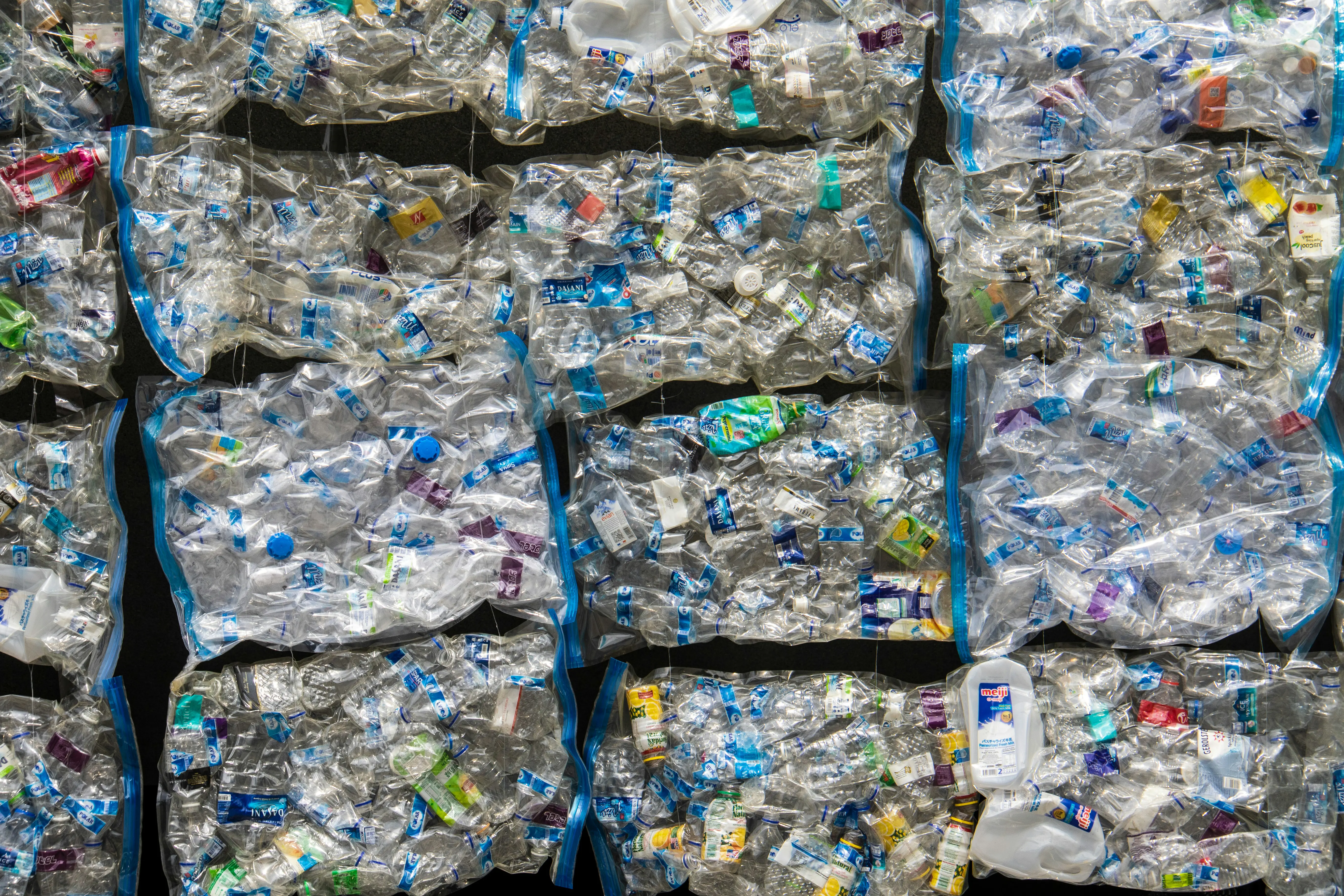This Tiny Machine Turns Plastic Trash Into Fuel And It Actually Works

Plastic waste is one of the world’s most stubborn and destructive pollutants, clogging oceans, poisoning wildlife, and taking centuries to break down. But now, a team of engineers at Yale University has created a small, powerful device that can convert plastic trash directly into fuel, offering a hopeful glimpse at a cleaner, more circular future.
Designed by the lab of professor André D. Taylor at Yale’s School of Engineering & Applied Science, the innovative machine uses a process called photothermal catalysis to break down plastics into hydrocarbon fuels using nothing more than light and heat.
What makes this device remarkable isn’t just the science, it’s the simplicity and portability. Unlike bulky industrial systems that require massive infrastructure, this unit is compact and efficient, designed to operate in remote or underserved regions where plastic pollution is rampant and energy access is limited.
“Plastic is a huge environmental problem, but it’s also a massive untapped resource,” said Taylor. “We wanted to develop a technology that doesn’t just manage waste, it transforms it into something valuable.”
The device works by converting polyethylene, one of the most common and stubborn plastics, into usable fuel, such as diesel or gasoline-like hydrocarbons. It achieves this by using a catalyst made of molybdenum disulfide nanosheets, which absorb light and convert it into heat. When plastic is added to the system, the high temperatures break its chemical bonds, turning it into liquid fuel.
Early tests showed a high conversion efficiency, with minimal residue or emissions. The researchers envision the device being used in communities overwhelmed by plastic waste or deployed in disaster zones and developing areas that need both waste management and fuel sources.
The global plastic crisis has reached alarming levels. More than 400 million tons of plastic are produced every year, and less than 10% gets recycled. The rest piles up in landfills, ecosystems, and waterways. Innovations like this one could close the loop, turning plastic into a usable resource rather than an eternal pollutant.
Of course, the device still needs scaling and real-world testing, but the concept is sound, and potentially revolutionary.
“Imagine if every small community, every remote village, or every relief operation could carry a device that turns trash into fuel,” Taylor added. “That would completely reshape how we think about both waste and energy.”
This breakthrough shows that science can turn problems into power, quite literally. If further developed and supported, it could be a game-changer in the fight against plastic pollution and fossil fuel dependence alike.